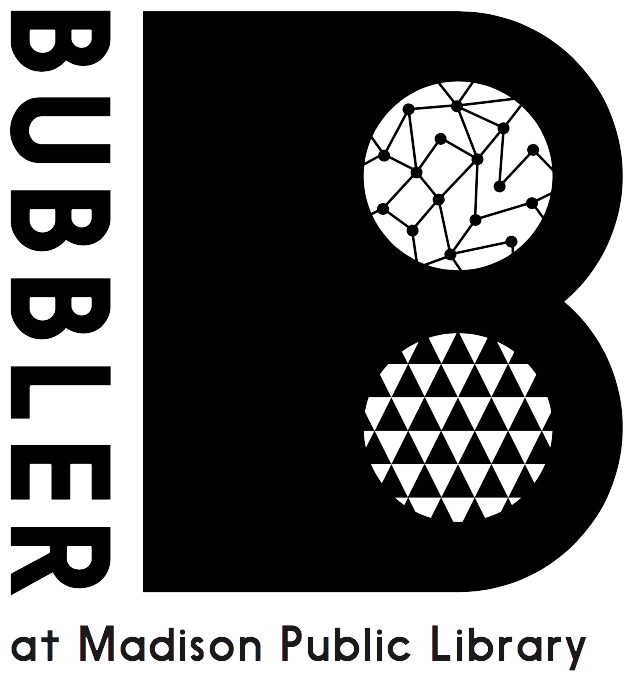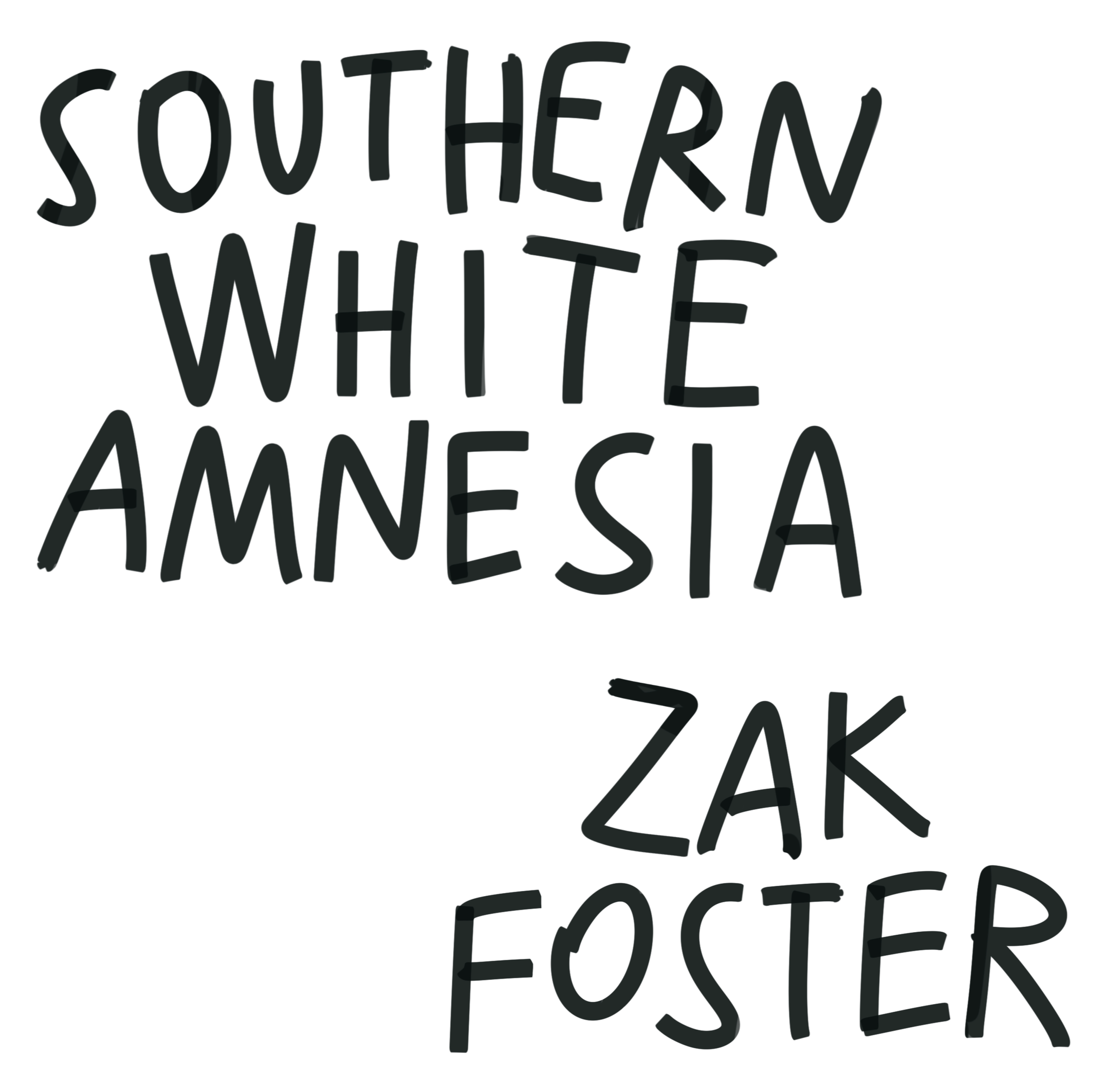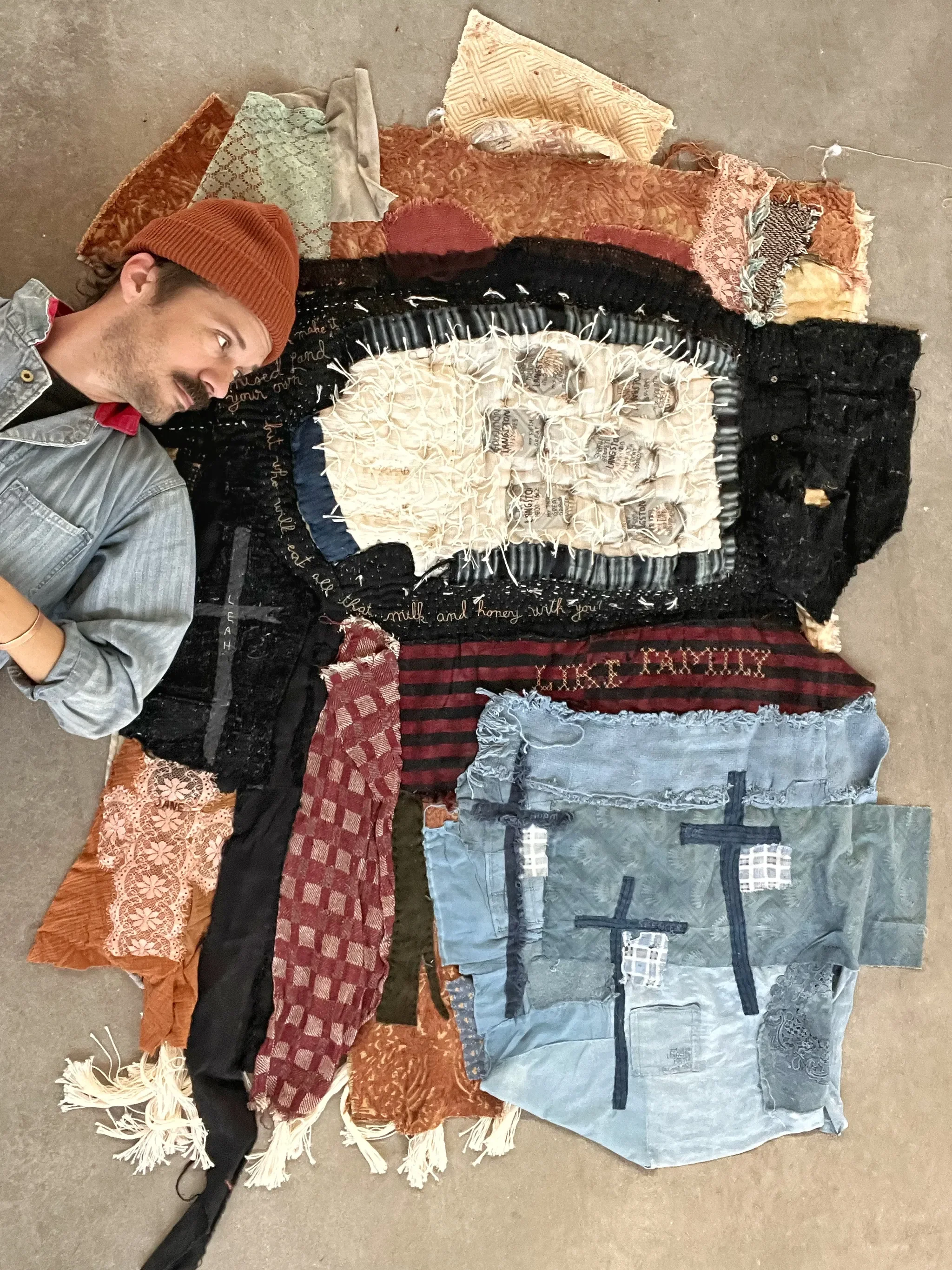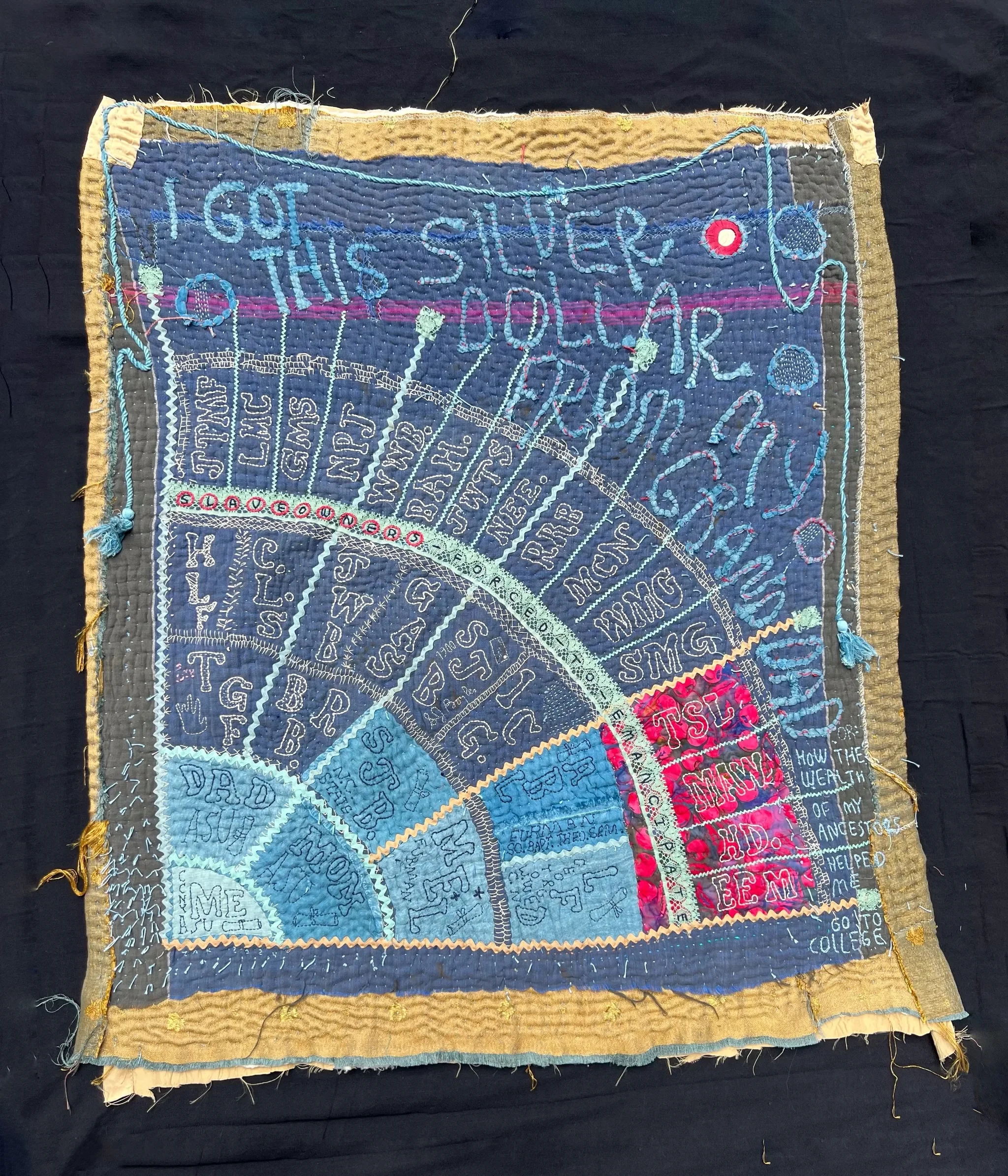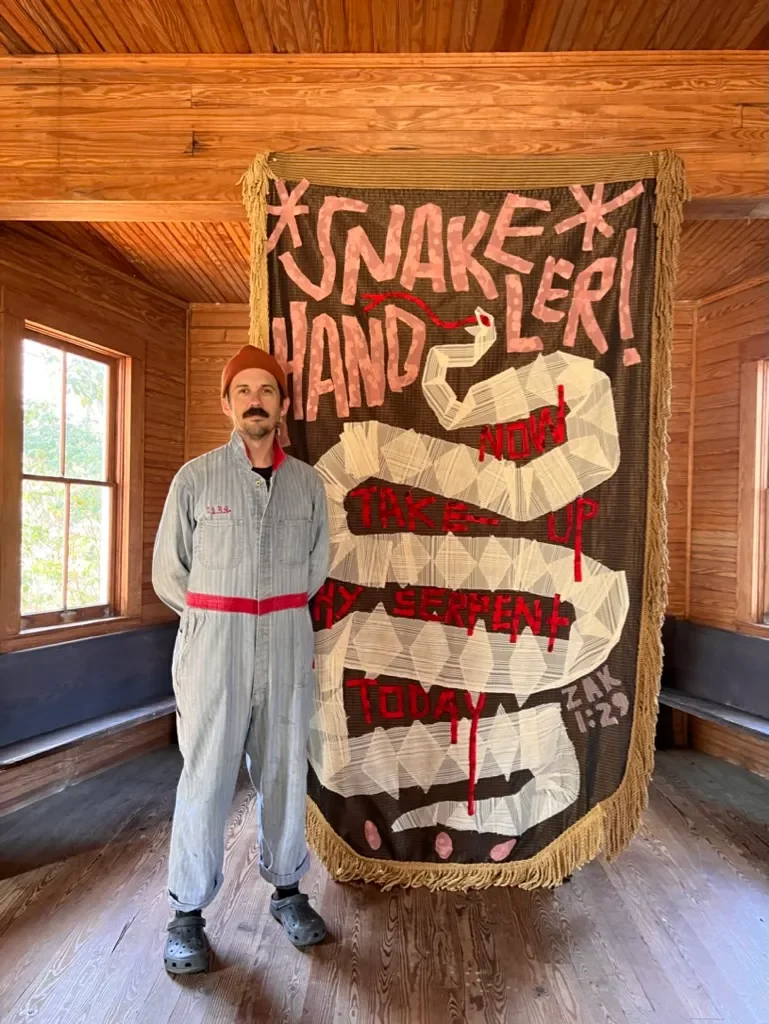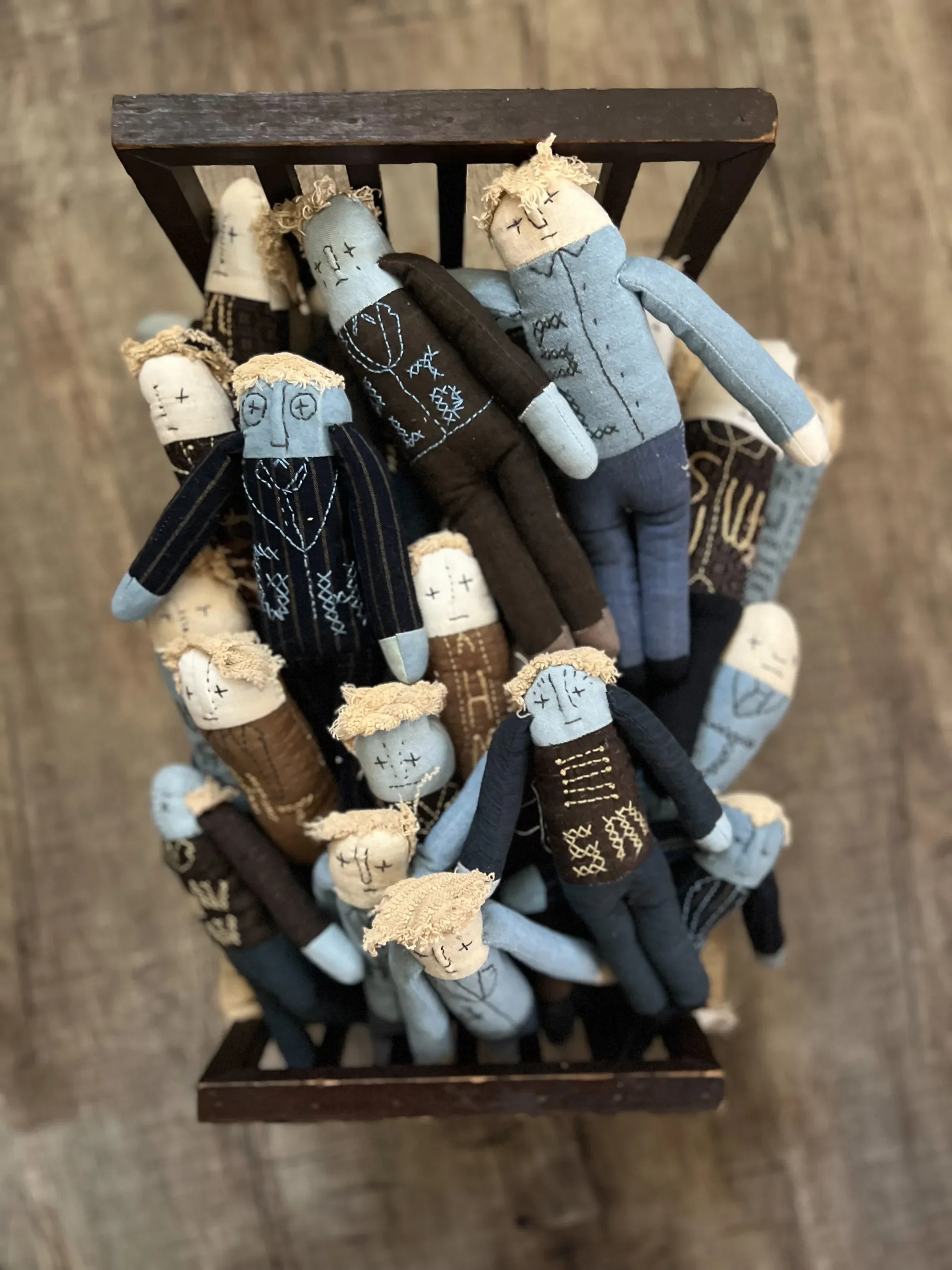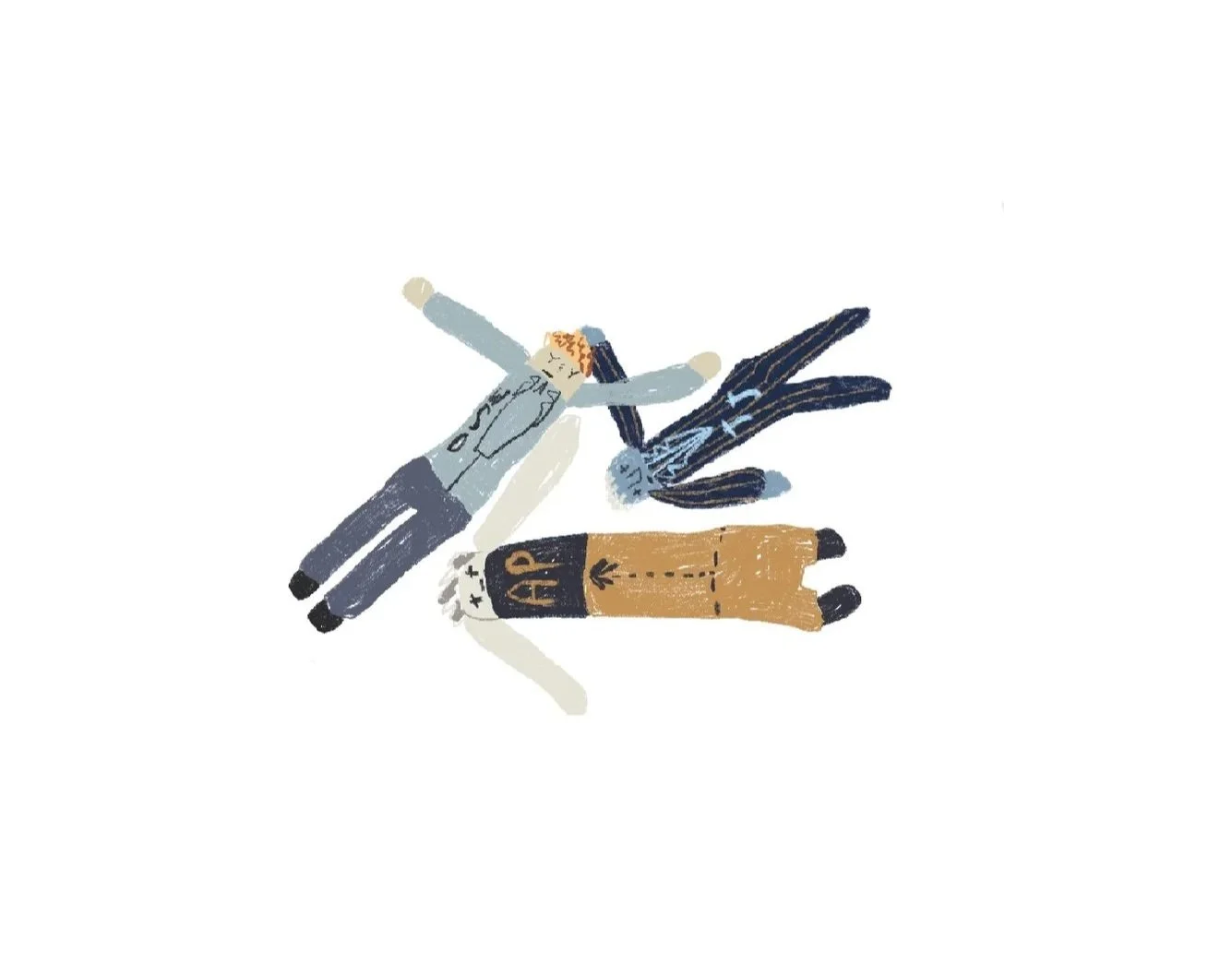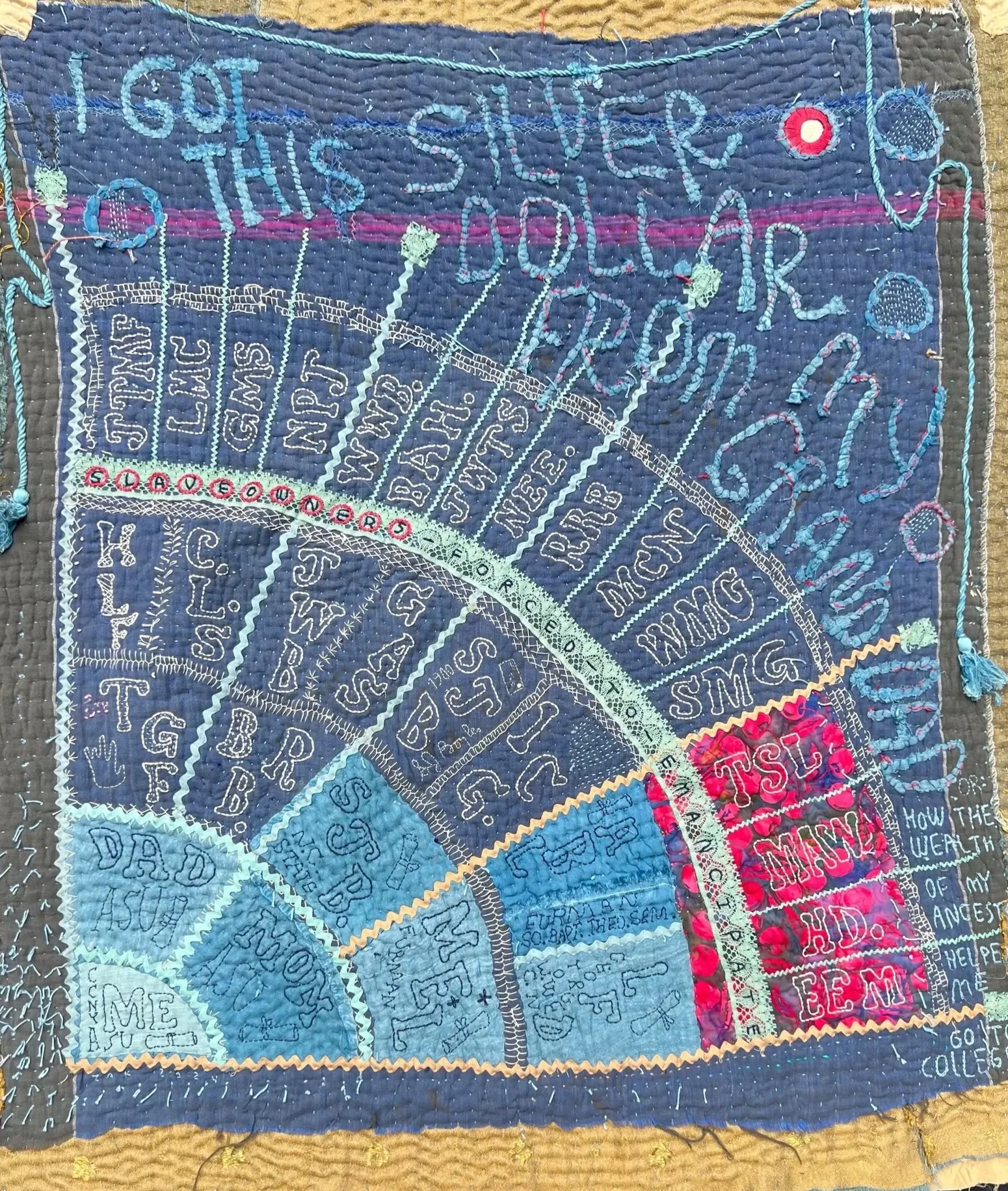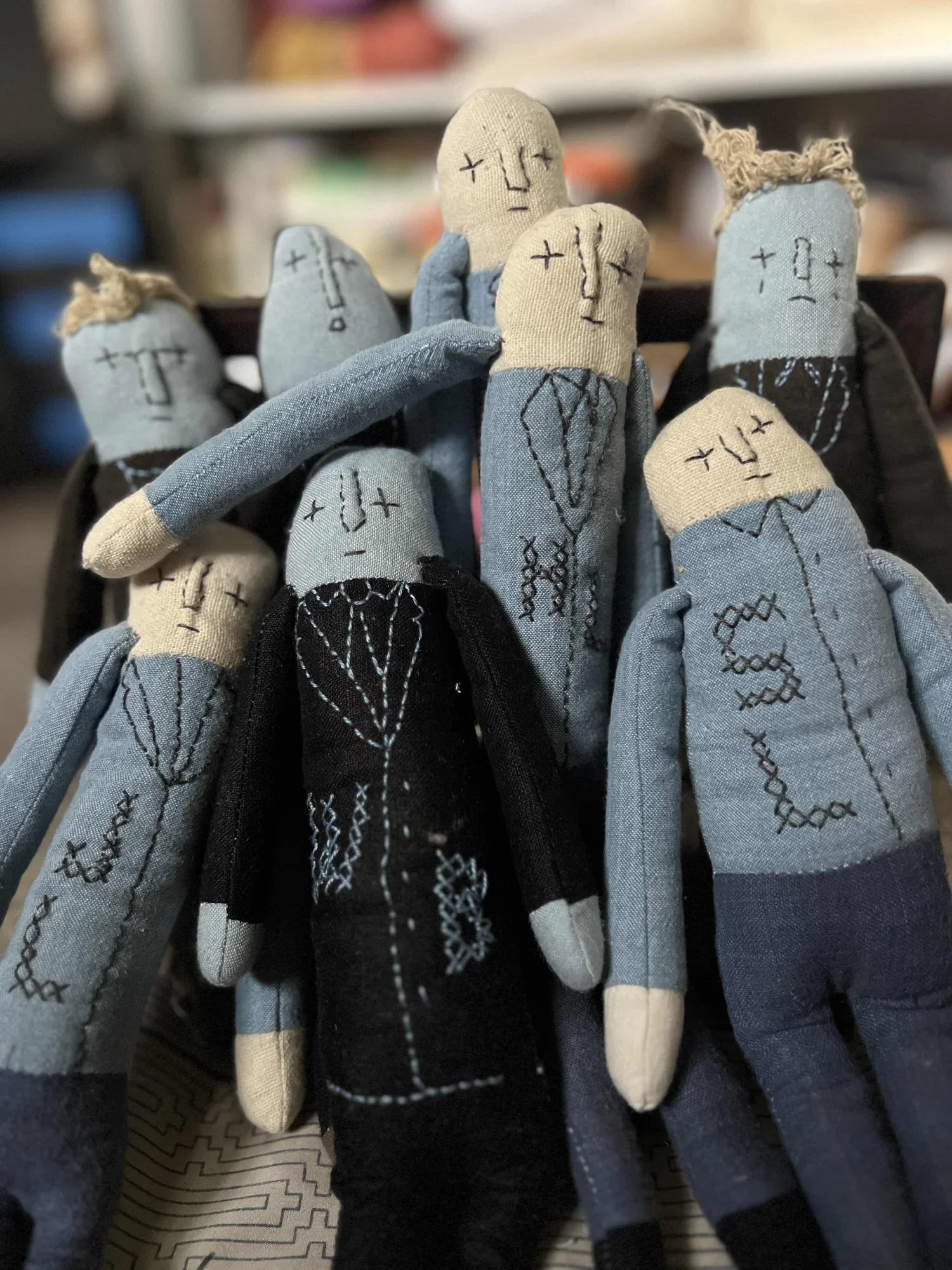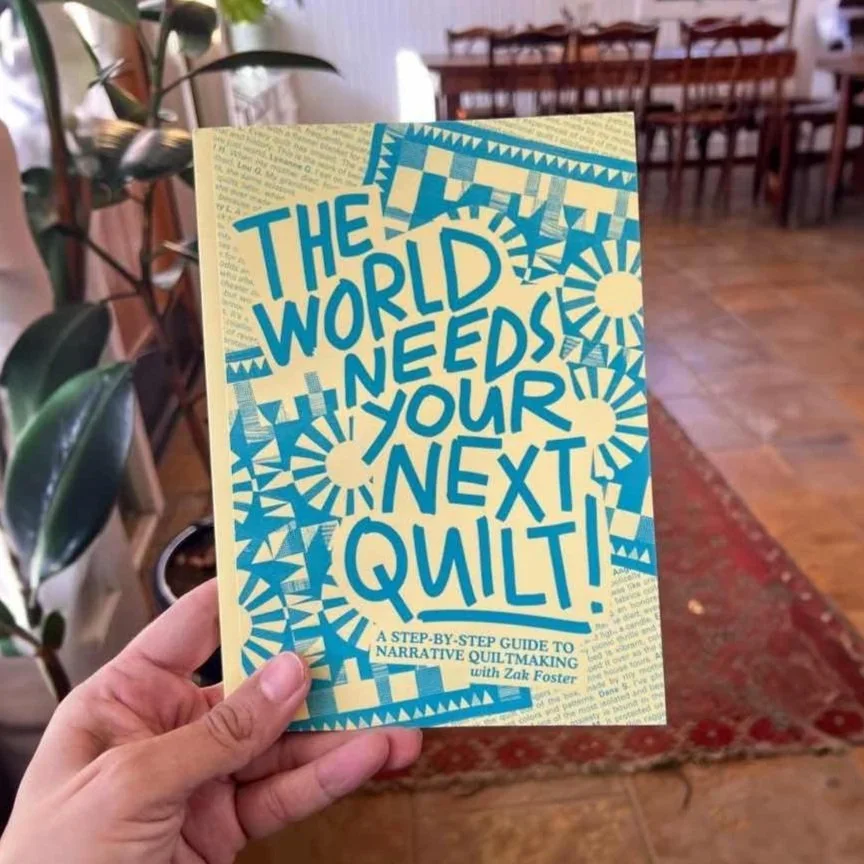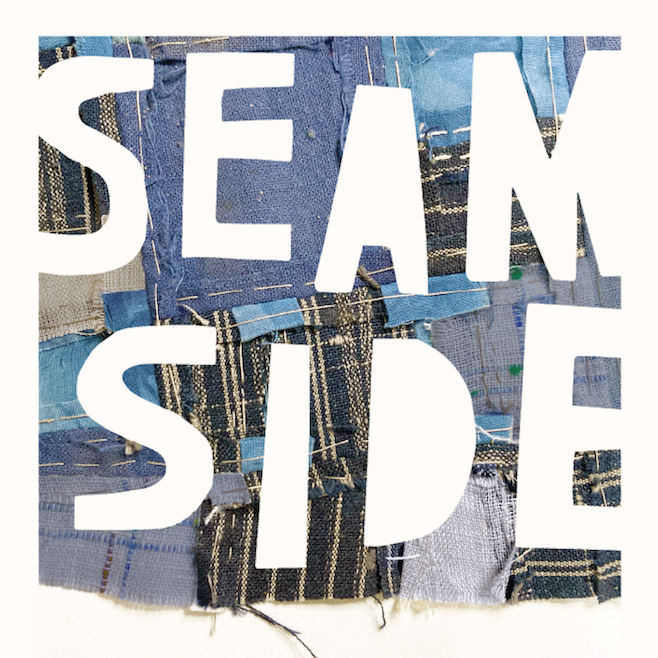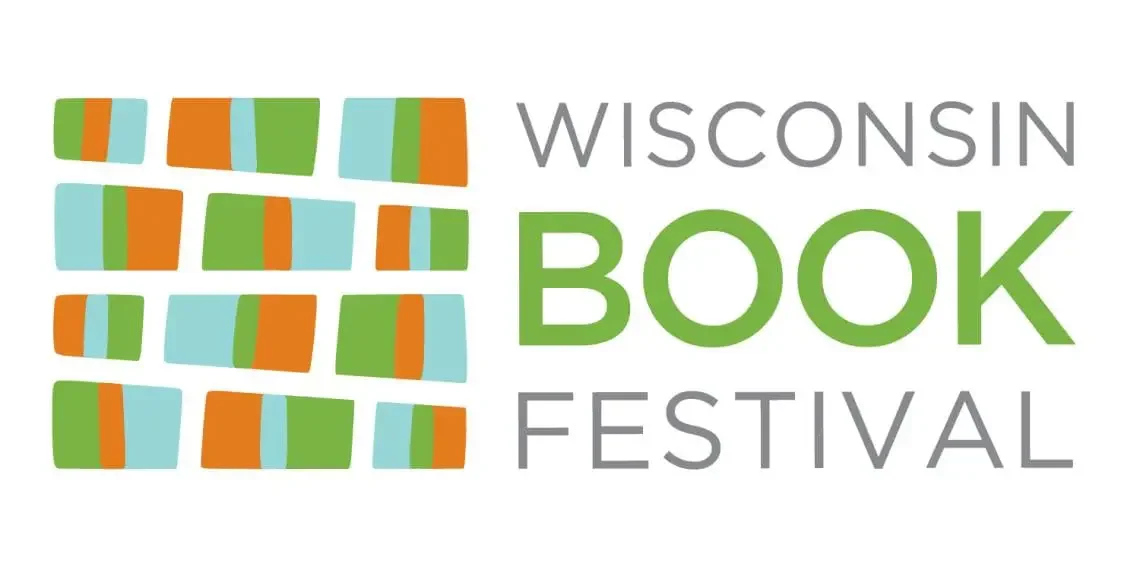Upcoming Exhibition
Upcoming Exhibition
Exhibition on Display: Thursday, September 11, 2025 - Monday, October 27, 2025
Diane Endres-Ballweg Gallery, Central Library
The exhibition is available for viewing during open library hours on the 3rd Floor of Madison Central Library. Please note that the 3rd floor occasionally closes for private events. Before visiting, call 1-608-266-6350 to confirm viewing hours.
LIKE FAMILY, 2023. Zak Foster, courtesy of the artist.Public Programming & Engagement
An Evening of Visual Storytelling, Reflection, and Action with Visiting Artist Zak Foster
Thursday, September 11, 2025 from 6:00 - 8:30 pm
Central Library
Diane Endres-Ballweg Gallery, Community Room 301 & 302
6:00 - 7:00 pm — Southern White Amnesia Exhibition Reception
7:00 - 8:00 pm — Wisconsin Book Festival presents: THE WORLD NEEDS YOUR NEXT QUILT by Zak Foster
8:00 - 8:30 pm — Book sales and signing
Light food and refreshments will be provided in celebration of the gallery opening.
Exploring Your Own Family History
Thursday, September 25, 2025 from 6:00 - 8:00 pm
Central Library, Community Room 301
Inspired by SOUTHERN WHITE AMNESIA, this hands-on workshop is all about getting curious about your own family history. Through a few fun and creative exercises, you’ll start to figure out what parts of your family story speak to you most - maybe it’s an old photo tucked away in a drawer, a recipe that shows up every holiday, or a story that’s been passed down for years.
Not sure where to start? We’ve got you. You’ll leave with some clear steps and a roadmap to help guide your journey.
Staff from Madison Public Library will share helpful Genealogy tools and databases, such as Ancestry Library, in addition to our Personal Archiving Lab, where you will receive a brief demonstration and hear about our Drop-In Tutorials and how you can use this equipment at the library to digitize at-risk analog (audio, video cassettes, and photographic) materials. Whether you’re just beginning or already deep into your research, you’ll pick up tips for saving, organizing, and celebrating your family’s unique story.
This program is focused on adults and does not require registration.
SILVER DOLLAR, 2024. Zak Foster, Courtesy of the artist.Exhibition Statement:
SOUTHERN WHITE AMNESIA examines the family stories white Americans pass down through generations—or allow to be forgotten—about their role in slavery and its ongoing legacy. When Foster told a family member about discovering records showing their ancestors had enslaved people, the immediate response was "no"—followed by insistence that they would "surely know" if this were true. That moment of family denial launched this entire collection.
The work moves from confronting hard evidence in old estate documents and Civil War letters to attempting communication with ancestors through dream work and AI-animated family photographs. Rather than ending with historical revelation, the collection culminates in active repair—both literal mending of found textiles and ongoing spiritual work of ancestral accountability.
Foster commits 100% of proceeds from sales to scholarships through the Thurgood Marshall College Fund, making the repair work concrete and immediate.
SNAKE HANDLER!, 2023. Zak Foster, Courtesy of the artist.Artist Statement:
When I told a family member that I’d found records showing our ancestors had enslaved people, they quickly said “no”—and then, after a pause, insisted we would surely know if they had. That knee-jerk response launched this entire collection.
These pieces trace my journey sprawling three states—North Carolina, South Carolina, and Kentucky—from that moment of family denial through old estate documents and Civil War letters, and eventually into dream conversations with the ancestors. Using traditional techniques, church banner reimagined from my Southern Baptist childhood, and worn textiles I’ve found and mended, I’m exploring how White families maintain silence while continuing to benefit from enslaved-generated wealth.
The work moves from confronting hard evidence to trying to communicate with ancestors—through imagined conversations, dream work, and AI that animates old family photos. I’ve sewn dozens of dolls representing ancestors and piled them awkwardly into a too-small bed with myself. I’ve embroidered questions to my great-grandfather and slept with them under my pillow, waiting for answers that came so intensely I had to retire the piece as an oracle after just three nights.
This collection emerges from a belief that our ancestors might still have work to do—and that we might be the ones meant to help them do it. Like other artists examining inherited trauma and unaddressed histories, these works suggest that the past isn’t finished with us yet. Tuan Andrew Nguyen’s Unburied Sounds shows us that American bombs still lie undercoated in the soils of Vietnam even today; similarly, the legacies of slavery continue to shape our domestic landscape in ways some of us are only beginning to understand.
Rather than ending with revelation, the work culminates in active repair: both the literal mending of a found quilt and the ongoing spiritual work of ancestral accountability. This joins broader conversations about reparations by asking not just “what did our families do?” but “what do the ancestors need from us now?”
100% of proceeds from sales support scholarships through the Thurgood Marshall College Fund, providing students with opportunities at historically Black colleges and universities across the country—making the repair work concrete and immediate.
FAMILY BED, 2025. Zak Foster, Courtesy of the artist.About the Artist:
Zak Foster is a community-taught artist whose work draws on Southern textile traditions and repurposed fabrics. He practices an approach to design based in narrative and guided by intuition, with a particular focus on preserving the stories of quilts and exploring the stories we tell ourselves about the past, present, and future. His work has been featured on the red carpet of the Met Gala, at the Metropolitan Museum of Art, and in various magazines, websites, and galleries. Foster is the author of THE WORLD NEEDS YOUR NEXT QUILT! and hosts the QUILTY NOOK, a community that connects and inspires quilters and makers worldwide.
Zak Foster, Courtesy of the artist.Additional SWA Exhibition Resources:
For Young Viewers
In collaboration with Madison Public Library staff, please enjoy a themed book list for kids + families. Bonus Seek-and-Find activity included!
Southern White Amnesia Collection Details
Explore Zak’s process and research through artwork descriptions and Seamside audio clips connected to each piece within this body of work.
SWA Resource Library
A growing list of essential tools, curated by Zak Foster, for exploring hidden histories or tracing lineages. These resources offer guidance for honest historical investigation.
The World Needs Your Next Quilt by Zak Foster
A guide offering flexible frameworks to bring intention, narrative, and depth to artistic research, community engagement, and creative expression.
Seamside Podcast
A podcast hosted by Zak Foster, where weekly guest artists delve into the world of textiles, exploring how working with fabrics can shape our identities and understanding of ourselves and the world.
This public exhibition and programming is made possible by the Wisconsin Book Festival and Madison Public Library, with additional support from Nancy M. Bruce Center for Design and Material Culture and the Textile Arts Center of Madison.
